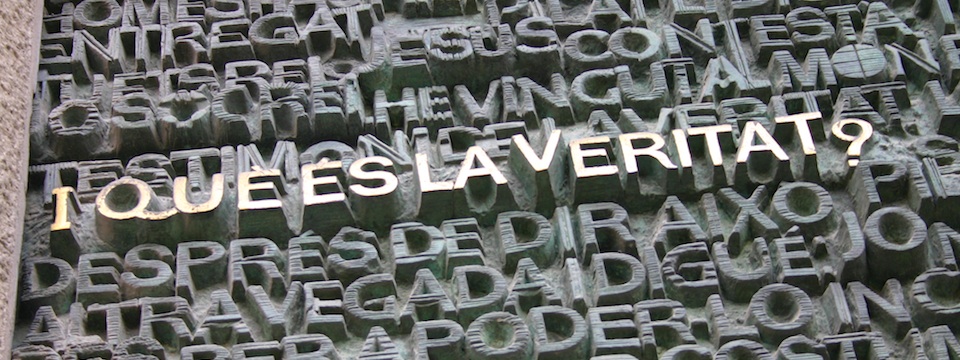
When I started writing Igniting the Invisible Tribe, I began my research by studying generations in the workplace. I wanted to see if age-related conflicts could be the cause of the epic friction we feel in business today. While I eventually dismissed generational contrast as a root cause, I continue to hear about the difficulties that arise from how different these groups are.
Primarily, I hear about the “entitlement” nature of Gen Y — so this is what I want to address head-on today.
Does Gen Y want to be integrated into the decision-making of their company? Yes. Does Gen Y want more mentorship opportunities? Yes. Does Gen Y want more opportunities to be developed and learn new things? Yes. Does this sometimes come across as entitlement? Yes, I think so.
But to treat this behavior as simple “entitlement” that needs to somehow be beaten out — I mean, “kindly diminished” and/or “controlled” — is the first mistake today’s leaders and organizations make. If we extrapolate a bit from the Gen Y traits described above, I think we see that what emerging generations of workers actually have is a built-in desire for meaning. They want their work to be a deliberate and purposeful part of their lives, not just a place they go to make money. They want to be involved; they want to be engaged. And this is why there’s a great danger in trying to quash the (admittedly audacious) Gen Y traits as “behavioral issues.” Leaders are taking an opportunity to engage a person who desperately wants to be engaged and instead are saying “No, you need to work like I do… even if my way really kinda sucks.”
Here’s the other way to look at this…
Gen Y is approaching today’s leaders and organizations saying, “Can you give me a place to work where I’ll be proud to spend my time? Can you offer me a spot in a company that’s making a positive impact on society?”
The real issue isn’t in the questions Gen Y is asking. The real problem is in the answers that Gen X and Baby Boomers don’t have.
Gen Y says, “Can you provide me a job that actually means something? Will I be glad I spent the majority of my waking life inside your organization? Can you help me grow and develop and learn — and also appreciate that I might have something insightful to contribute along the way?”
And the vast majority of our Gen X and Baby Boomer leaders can’t answer YES to these questions, because their organizations really aren’t very meaningful.
They don’t make people proud to work there.
They don’t help people evolve in positive ways.
They certainly don’t listen to good ideas that come from anywhere.
This is what most people miss when they talk about how to work with Gen Y. The problem isn’t really with Gen Y at all; the problem is that the leaders and organizations of today have failed — rather spectacularly, I might add — in raising their pride/meaning/impact bar high enough.
Most companies that exist now don’t make their current employees proud to work there — how in the world would they be able to attract and retain a new generation that is asking even deeper questions?
//



1 Comment
Scott Asai
Nice take to shift focus of problem(s) from “entitlement” to leadership/culture. Just like companies need customers, employers need Millennials to survive. It’s not about if, but when you decide to alter your programs to meet the needs/motivation of the next big generation. It’s funny how companies will pay for recruiters, but not fix the culture that they get hired into. It’s the difference between proactive (forward) vs. reactive (backwards) thinking.